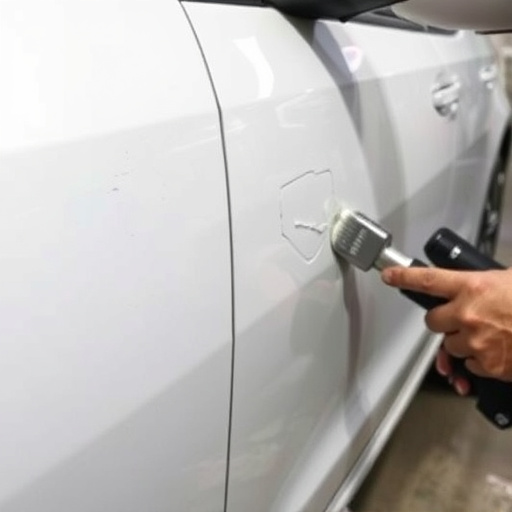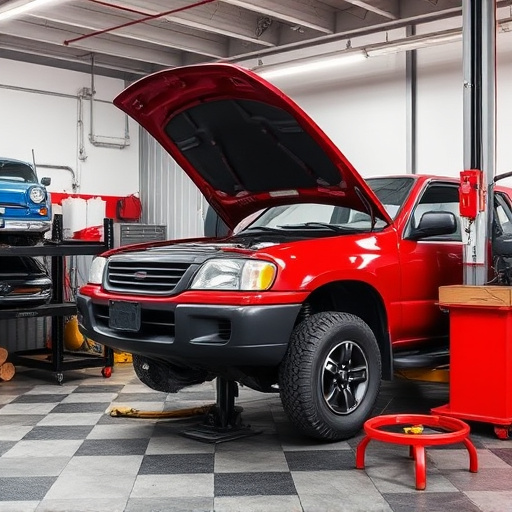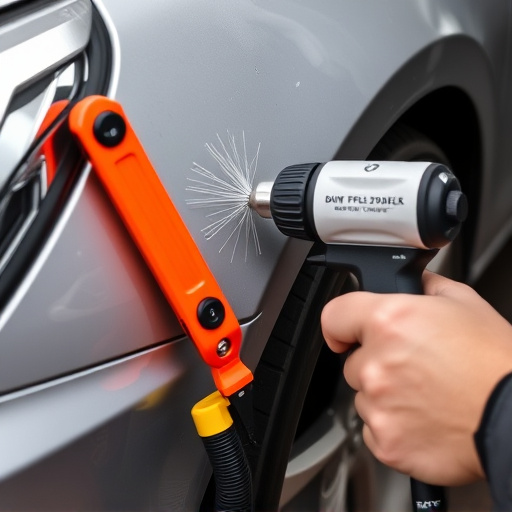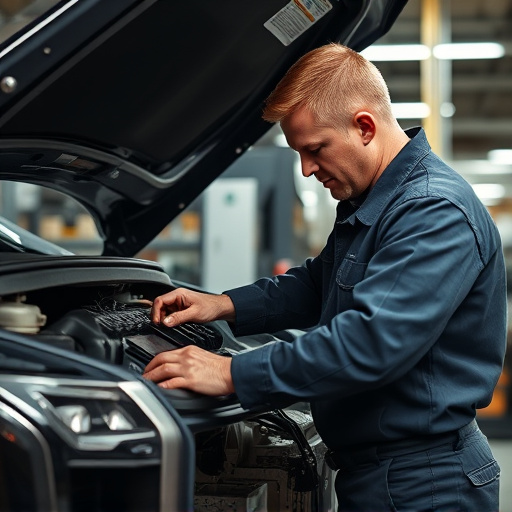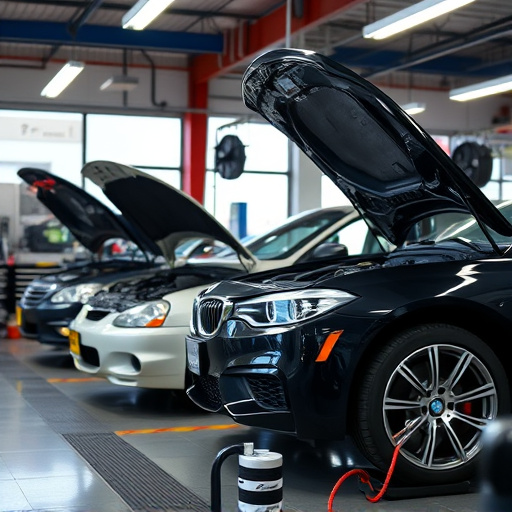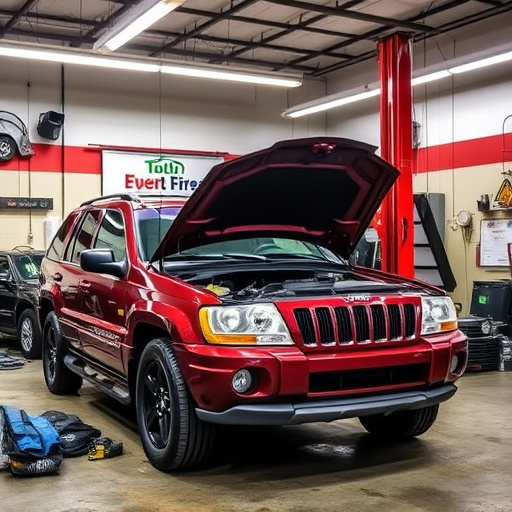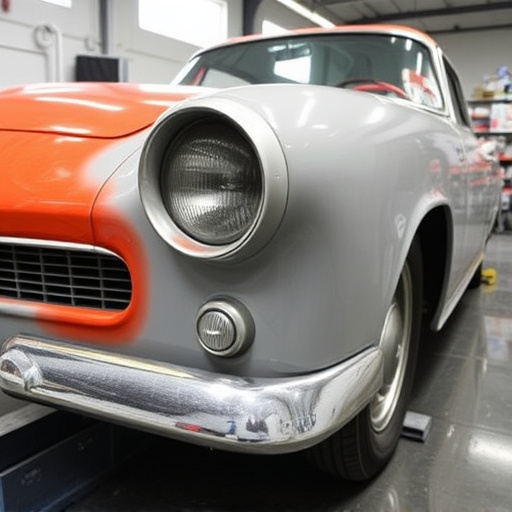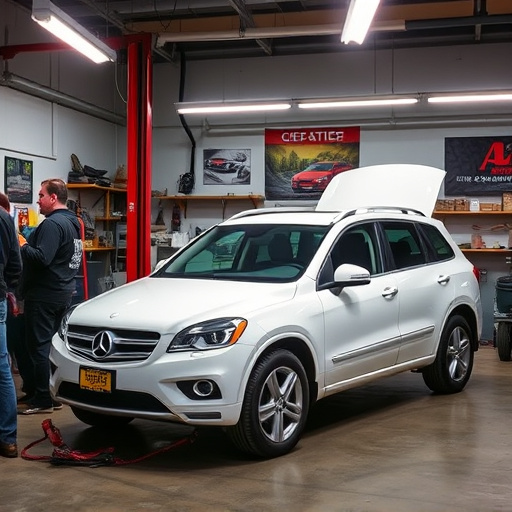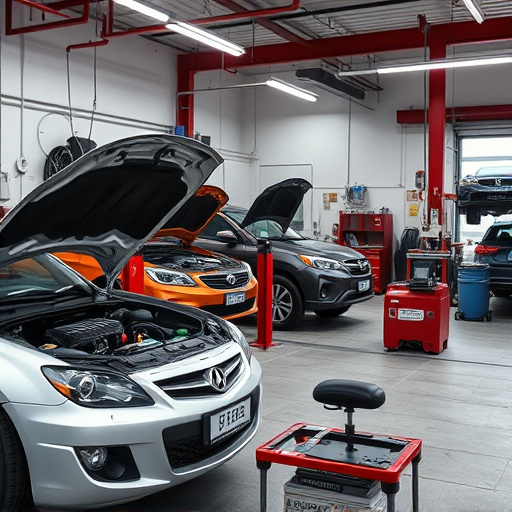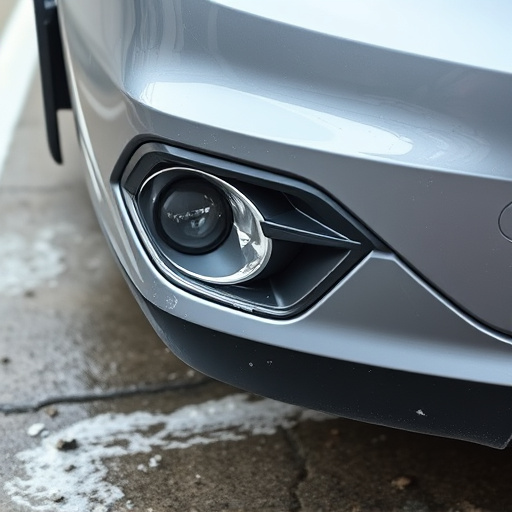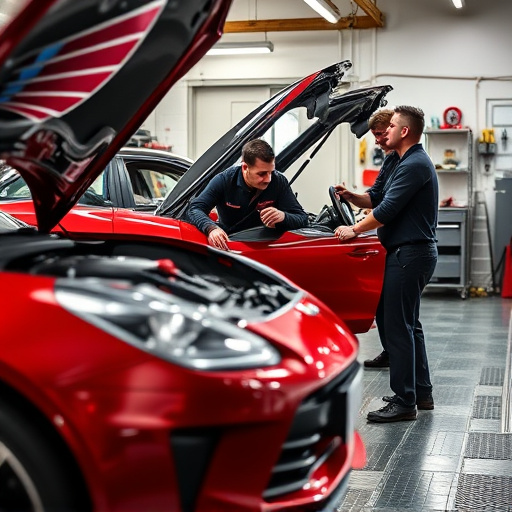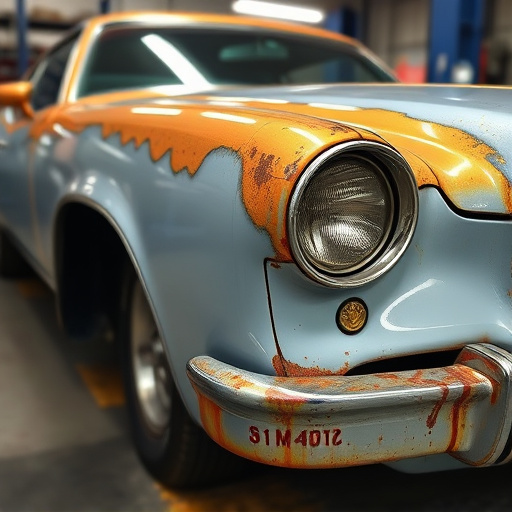Upgrading body panel insulation in older vehicles is a smart, straightforward way to significantly enhance energy efficiency by trapping heat and reducing workload on AC/heating systems, leading to better mileage and lower fuel consumption. This simple yet impactful solution, recommended by automotive experts, can be done by professionals or DIY enthusiasts, extending vehicle life, reducing carbon footprint, and mitigating noise pollution. Quality body panel insulation enhances riding experience, contributes to improved fuel efficiency, and is crucial for maintaining safety, reliability, and structural integrity over time, especially in collision repair scenarios like Mercedes-Benz repairs.
Older vehicles can see significant improvements in their performance and comfort through the upgrade of body panel insulation. This simple yet effective modification offers multiple benefits, including enhanced energy efficiency, resulting in better mileage. Additionally, it plays a vital role in noise reduction, ensuring a quieter ride. Upgrading body panel insulation is also crucial for safety and reliability, contributing to the longevity of older vehicles. Discover how this relatively low-cost solution can make a substantial difference.
- Enhancing Energy Efficiency: How Body Panel Insulation Improves Mileage in Older Cars
- The Role of Insulation in Noise Reduction: Creating a Quieter Riding Experience
- Safety and Reliability: Why Upgrading Body Panel Insulation is Crucial for Older Vehicles' Longevity
Enhancing Energy Efficiency: How Body Panel Insulation Improves Mileage in Older Cars
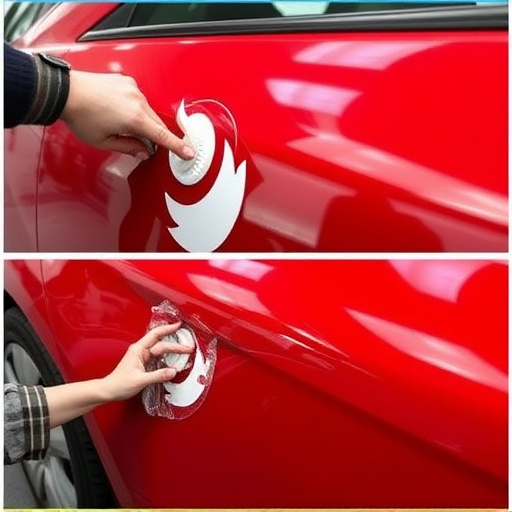
Upgrading body panel insulation in older vehicles is a smart move that can significantly enhance energy efficiency. By adding or improving the insulation, you create a barrier that traps heat inside the cabin during colder months and keeps it out during hotter ones. This simple yet effective modification reduces the workload of the air conditioning or heating system, leading to better mileage and lower fuel consumption. In today’s world where every drop in fuel economy matters, this is a crucial step for vehicle owners looking to make their older cars more environmentally friendly and cost-effective.
Automotive collision repair experts often recommend this as one of the simplest yet impactful solutions for improving a car’s performance. Unlike complex car body repair processes, installing or enhancing body panel insulation is relatively straightforward and can be done by both professionals and DIY enthusiasts. It’s a game-changer for those looking to extend the life of their vehicles while reducing their carbon footprint, without having to go through extensive collision damage repair procedures.
The Role of Insulation in Noise Reduction: Creating a Quieter Riding Experience

Body panel insulation plays a pivotal role in noise reduction, significantly enhancing the riding experience, especially in older vehicles. Insulation acts as a barrier between the cabin and external noises, blocking out unwanted sounds from the engine, road, and other sources. By effectively minimizing noise, drivers and passengers can enjoy a quieter, more comfortable journey. This is particularly beneficial for those who frequently travel on busy roads or during peak traffic hours.
Upgrading to better body panel insulation is akin to transforming your car into a personal sanctuary. It improves the overall silence within the vehicle, allowing conversations to be heard clearly without raising voices. Moreover, it contributes to better fuel efficiency as less noise means less energy is required to operate the vehicle. When considering mercedes benz repair or any car repair services, focusing on body panel insulation can be a game-changer in enhancing both the performance and comfort of your vehicle, similar to how quality car paint services can revitalise its exterior aesthetics.
Safety and Reliability: Why Upgrading Body Panel Insulation is Crucial for Older Vehicles' Longevity
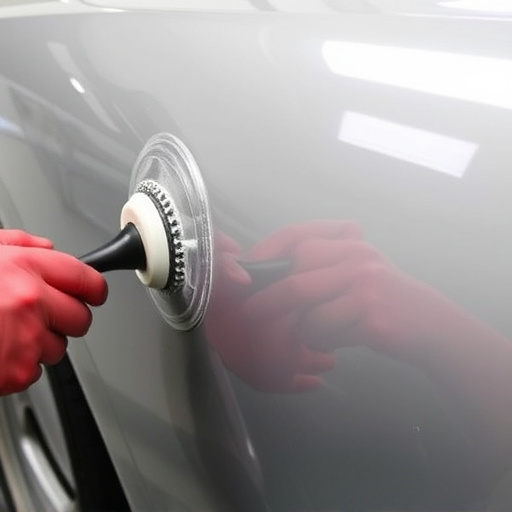
Upgrading body panel insulation in older vehicles is a crucial step for maintaining safety and reliability on the road. Over time, the original insulation can degrade, leading to increased noise levels, reduced energy efficiency, and even potential safety hazards. Insulation plays a vital role in protecting against rust and corrosion by creating a barrier between the metal panels and the elements. A well-insulated body panel helps maintain the structural integrity of the vehicle, ensuring that all components work harmoniously together.
For example, in a Mercedes-Benz collision repair scenario, where precision and quality are paramount, upgraded body panel insulation can make a significant difference. Auto painting and body shop services that prioritize insulation not only enhance the overall aesthetics but also contribute to the longevity of the vehicle. By addressing insulation issues early, drivers can expect improved ride comfort, better fuel efficiency, and reduced risk of further damage—all essential factors for any vehicle’s long-term health and safety.
Upgrading body panel insulation in older vehicles offers a multitude of benefits, from enhancing energy efficiency and reducing noise pollution to improving safety and reliability. By investing in this simple yet effective modification, car owners can not only enjoy better mileage but also create a quieter, safer ride while preserving their vehicle’s longevity. Incorporating modern body panel insulation techniques is a smart move for any owner of an older car looking to optimize their vehicle’s performance and endurance.
